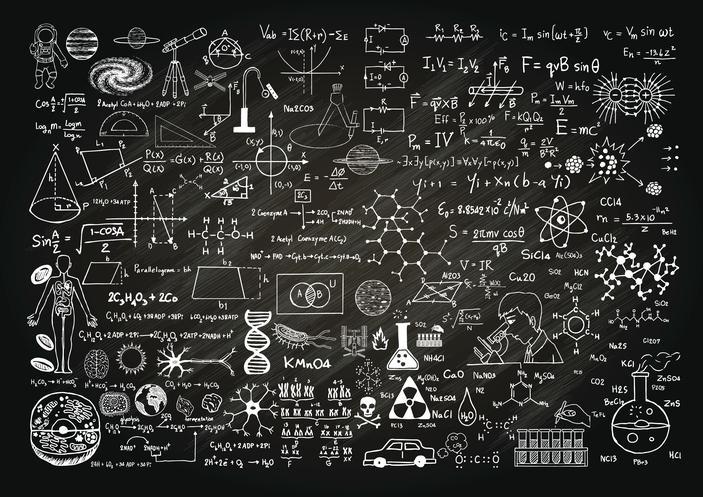Physics: Unlocking the Secrets of the Universe
Physics is one of the most fundamental branches of science, dedicated to understanding the nature of the universe. It explores matter, energy, space, and time—and the interactions between them. From the smallest particles to the vastness of galaxies, physics helps us make sense of how and why things work the way they do.
What is Physics?
At its core, physics is the study of the laws that govern the physical world. It seeks to answer questions like:
-
Why do objects fall to the ground?
-
How does light travel?
-
What causes electricity?
-
What is the nature of space and time?
Physicists use experiments, observations, and mathematical models to develop theories that explain physical phenomena.
Main Branches of Physics
-
Classical Physics
-
Deals with everyday phenomena like motion, forces, gravity, and energy.
-
Key figures: Isaac Newton (laws of motion and gravity).
-
-
Modern Physics
-
Explores concepts beyond the classical world—like relativity and quantum mechanics.
-
Key figures: Albert Einstein (relativity), Niels Bohr (quantum theory).
-
-
Thermodynamics
-
The study of heat, temperature, and energy transfer.
-
-
Electromagnetism
-
Focuses on electric and magnetic fields and their interactions.
-
-
Optics
-
The study of light and its properties.
-
-
Nuclear and Particle Physics
-
Investigates the structure of atoms, subatomic particles, and nuclear reactions.
-
-
Astrophysics
-
Applies the laws of physics to understand stars, planets, and the universe.
-
Importance of Physics
Physics is not just an academic subject; it’s the foundation of much of modern technology and everyday life. For example:
-
Electricity and electronics are based on electromagnetism.
-
Cars, planes, and rockets rely on the laws of motion and energy.
-
Medical tools like X-rays and MRIs are products of modern physics.
-
Communication systems, including the internet, depend on physical principles.
Famous Discoveries in Physics
-
Newton’s Laws of Motion
-
Einstein’s Theory of Relativity (E=mc²)
-
The Law of Universal Gravitation
-
The Discovery of Electrons and Protons
-
Quantum Theory
-
The Big Bang Theory
These discoveries have changed how we understand the universe—and have led to revolutionary advancements in science and technology.
Physics in the Future
Physics continues to explore exciting frontiers:
-
Space exploration and the search for life beyond Earth.
-
Quantum computing and ultra-fast information processing.
-
Renewable energy solutions to address climate change.
-
The mysteries of dark matter and dark energy in the cosmos.
Conclusion
Physics is the key to unlocking the mysteries of the universe. It shapes our understanding of reality, powers the devices we use, and drives innovation in countless fields. Whether you're curious about the stars or the tiniest particles, physics is a journey into the heart of how everything works.

